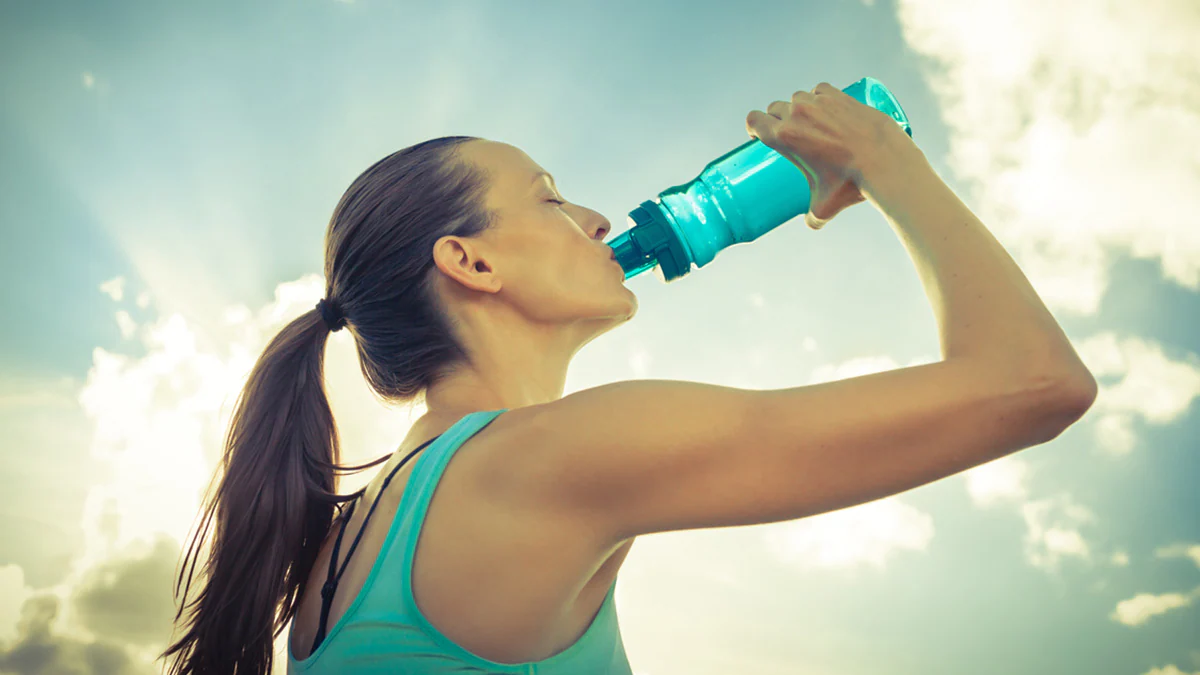Post Views: 142
Lucknow: Extreme heatwaves can pose serious health risks, particularly to vulnerable populations such as the elderly, young children, and those with preexisting health conditions. The main health issues associated with extreme heatwaves include:
- Heat Exhaustion:
- Symptoms: Heavy sweating, weakness, cold, pale and clammy skin, fast and weak pulse, nausea or vomiting, and fainting.
- Management: Move to a cooler place, drink water, take a cool shower, and use cool compresses. Seek medical attention if symptoms worsen or last more than an hour.
- Heat Stroke:
- Symptoms: High body temperature (104°F or higher), hot, red, dry, or damp skin, a rapid and strong pulse, headache, dizziness, nausea, confusion, and loss of consciousness.
- Management: This is a medical emergency. Call 911 immediately, move the person to a cooler environment, use cool cloths or a cool bath to lower body temperature, and do not give the person anything to drink.
- Dehydration:
- Symptoms: Thirst, dry mouth, dark-colored urine, fatigue, dizziness, and confusion.
- Management: Increase fluid intake, especially water, and avoid alcohol and caffeinated beverages. In severe cases, medical intervention might be required.
- Heat Cramps:
- Symptoms: Muscle spasms and pain, usually in the legs, arms, or abdomen, often resulting from heavy sweating and loss of electrolytes.
- Management: Stop all activity and sit in a cool place, drink water or a sports drink, and avoid strenuous activity for several hours after the cramps subside.
- Sunburn:
- Symptoms: Red, painful, and warm skin, blisters, and swelling.
- Management: Apply cool compresses, aloe vera, or moisturizing lotion, and avoid further sun exposure. Severe sunburns may require medical attention.
- Heat Rash:
- Symptoms: Red clusters of small blisters that look like pimples on the skin, usually in areas like the neck, chest, groin, or elbow creases.
- Management: Keep the affected area dry and cool, and avoid further heat exposure. Wearing loose, lightweight clothing can help prevent heat rash.
- Exacerbation of Chronic Conditions:
- Impact: Extreme heat can worsen cardiovascular, respiratory, and renal diseases. It can also affect mental health, increasing stress and anxiety levels.
- Management: Monitor and manage underlying health conditions closely, stay hydrated, avoid extreme heat exposure, and seek medical advice if symptoms of chronic conditions worsen.
Prevention Tips:
- Stay Hydrated: Drink plenty of fluids throughout the day.
- Avoid Direct Sun Exposure: Stay indoors during peak heat hours (10 a.m. to 4 p.m.).
- Wear Appropriate Clothing: Light-colored, loose-fitting clothing made of breathable fabrics.
- Use Sunscreen: Protect skin from UV radiation to prevent sunburn.
- Cool Environment: Use fans, air conditioning, or go to public places like shopping malls or libraries with climate control.
- Limit Physical Activity: Avoid strenuous activities during peak heat hours.
- Check on Vulnerable Populations: Ensure that elderly, children, and those with chronic illnesses are safe and hydrated.
Extreme heatwaves are becoming more frequent and intense due to climate change, making it crucial to be aware of these health risks and preventive measures.

---------------------------------------------------------------------------------------------------














